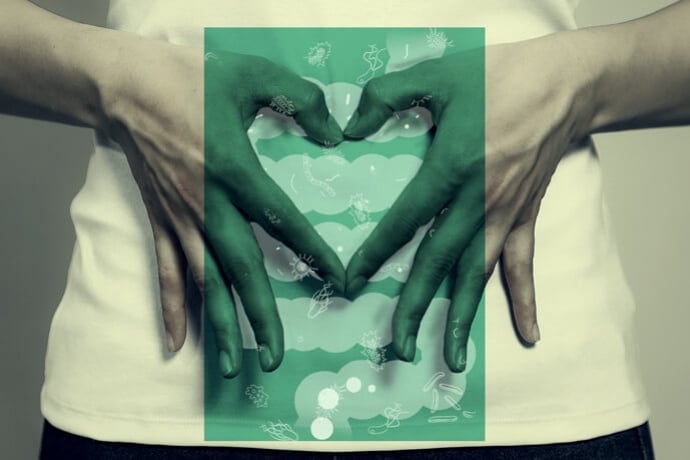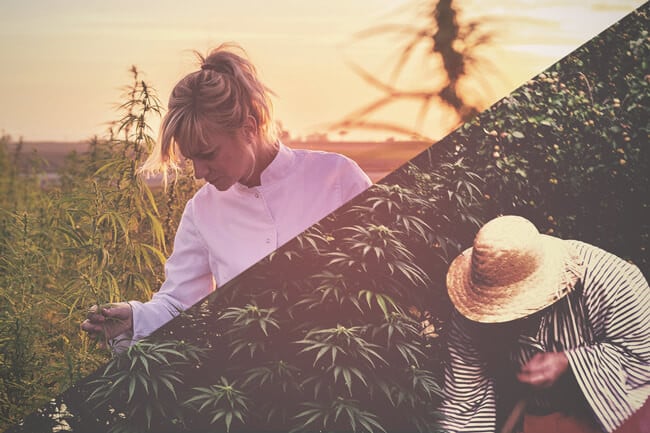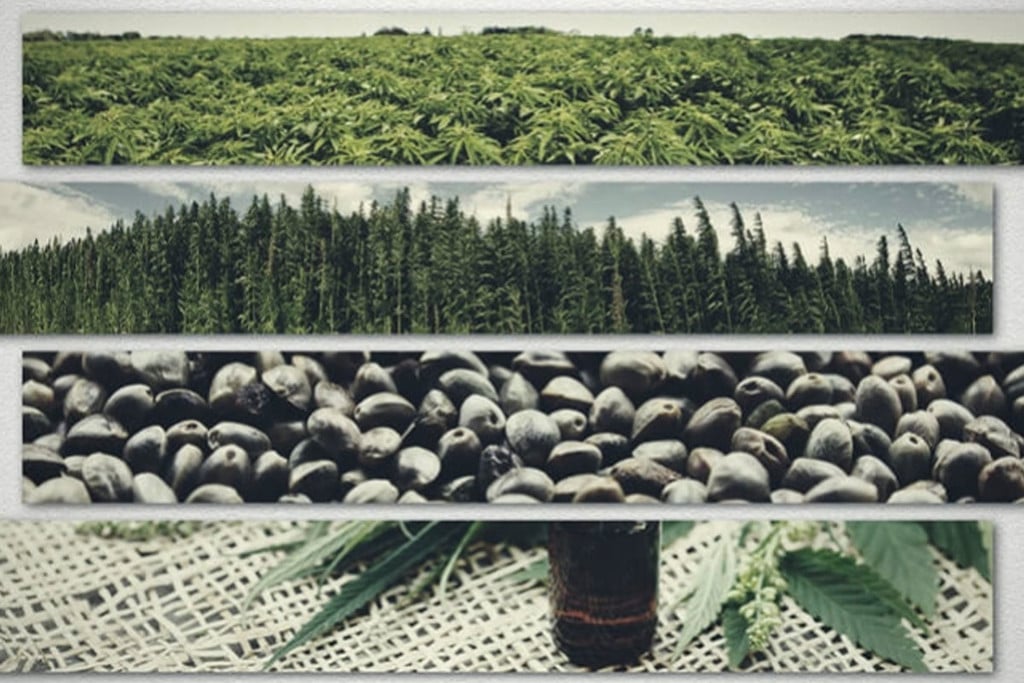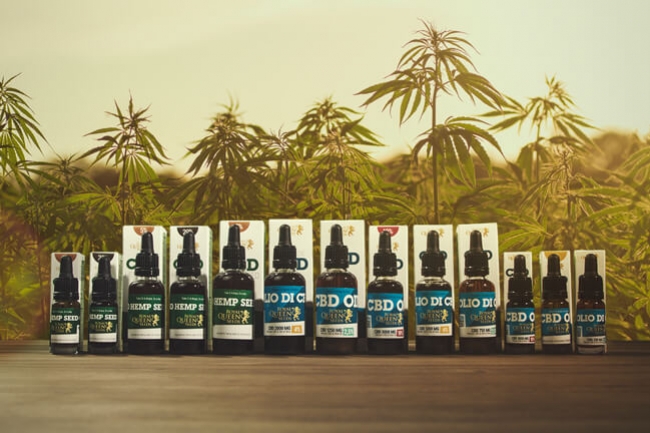.
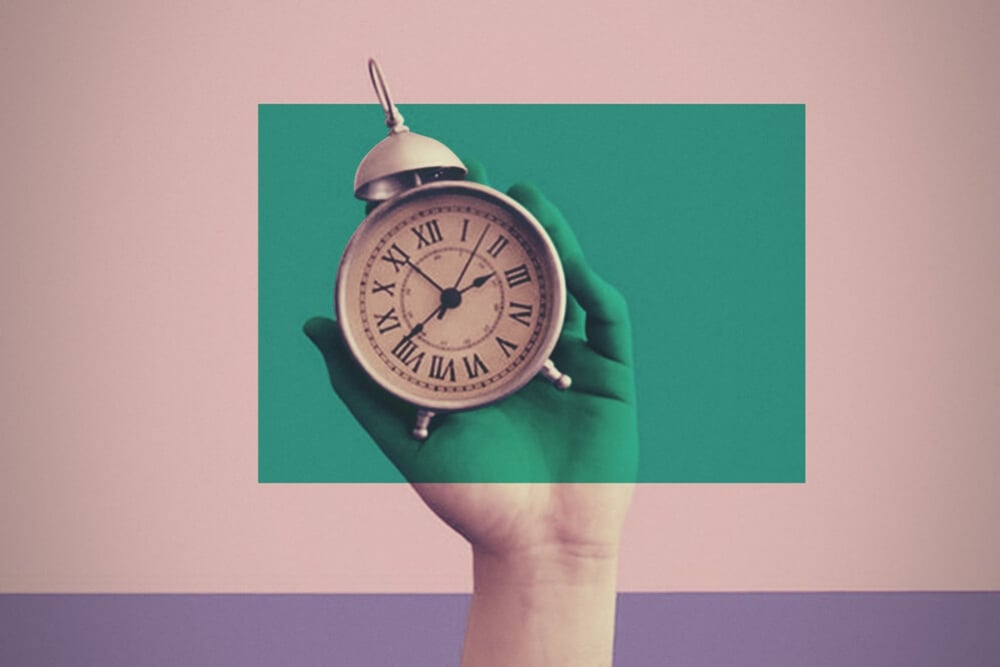
When And How Often Should You Take CBD?
There are a few frequently asked questions by those who are new to cannabidiol (CBD), and even those who have been taking it for a little while already. Allow us to elaborate on when to take CBD, and how much.
Contents:
What most people are curious about is how much CBD they should be taking, how often they should take it, and whether or not there is an optimal time of day for it. Typically, all these questions can be answered by the statement “whatever works best for you”. But in this article, we’ll go over—in greater detail—why CBD is a substance that’s so beautifully tailored to each individual.
Questions & Answers: Taking CBD
- ☝️ How much CBD should I take the first time?
- CBD affects different people in different ways. We recommend always starting low and slow when beginning your CBD journey. Take approximately half of the recommended dose and see how you find it. Slowly increase the dose over time up to the recommended threshold.
- ? Should I take more CBD if it doesn't work?
- CBD works in subtle ways. Even if you don’t notice immediate effects, stay at the same dosing schedule for at least one week before making any changes. If you find you quickly build tolerance, purchase a more potent product.
- ?⚕️ Who can I speak to about taking CBD?
- CBD has entered the mainstream. You should talk to your doctor about cannabidiol to see if it’s the right choice for you. Not only can they inform you of the benefits, but they can tell you if CBD isn’t compatible with you.
- ? Find a CBD dosing schedule that suits your needs
- We can only make general suggestions about dosing CBD. Due to variations in body weight, height, metabolism, and more, the same dose of CBD can have very different effects on different people. We suggest starting out using our guidelines, but don’t take them as gospel. Make the changes that feel right for you to find your own CBD dosage "sweet spot".
WHEN IS THE BEST TIME OF DAY TO TAKE CBD?
CBD coffee anyone? Unsurprisingly, many people prefer to take their CBD first thing in the morning, along with other supplements/medications and with their coffee and breakfast. But not everyone feels this way, and some would rather take CBD in the evening with dinner or right before bed. For the most part, it boils down to what time is easiest to remember and what time is the most beneficial for each person.
Some people feel energised and alert[1] when they take CBD, so taking it first thing in the morning makes sense. Others prefer to take it a few hours later when their afternoon exhaustion[2] starts to kick in, giving them an extra boost to make it through the day. On the other hand, some people report feeling relaxed and sleepy after taking CBD, so in those cases, it would best be taken in the evening or before bedtime.
There’s really no ideal time of day to take CBD. It all depends on what works best for you. The more you use CBD, the more likely it is you’ll develop a pattern based on how it affects you at various times throughout the day. And of course, the easiest time to remember will likely be another contributing factor.
SHOULD I TAKE CBD WITH FOOD?
Taking CBD with food may help to increase the bioavailability—or absorption—of the cannabinoid. As a fat-soluble molecule, CBD readily binds to lipids. Natural fats are found in many different foods, meaning you’re likely to boost the absorption rate of CBD when you take it with a bite to eat. Some users like to take CBD before or after a hearty meal. Others prefer to compound their CBD absorption with a light snack.
CBD BEFORE AND AFTER SPORT (PRE AND POST-WORKOUT)
Anecdotal accounts of both professional and amateur athletes taking CBD before and after performing are growing exponentially. This surge in CBD use can be partially attributed to the World Anti-Doping Agency’s landmark decision to remove CBD from its list of prohibited substances in 2018. Due to CBD’s lack of psychotropic or performance-enhancing qualities, the Agency did not feel the need to lump the cannabinoid in with THC-rich, psychotropic cannabis—which is still prohibited. This means that athletes in the NFL, Olympics, UFC, and many other major sports leagues can use CBD before and after training and events.
There is not a lot of comprehensive clinical research on the use of CBD in sport, but scientists and consumers are intrigued nonetheless. Given the role of the endocannabinoid system in mediating physiological functions[3] related to sleep, energy, coordination, metabolism, and much more, it’s worth exploring if exogenous cannabinoids like CBD can influence this system to benefit athletes. With the nervousness and restlessness experienced by many athletes before sporting events, and the sore muscles, inflammation, and exhaustion that follow, there is a widespread desire for any substance that may help with these issues.
The goal of any exercise regime is to help the body function more efficiently during activity, while also reducing the amount of time it takes to recover afterwards. Does CBD have any potential here? Unfortunately, there are no direct links, but one can look to studies that report on CBD’s potential for anxiety[4], sleep, inflammation[5], and pain relief for further reading.
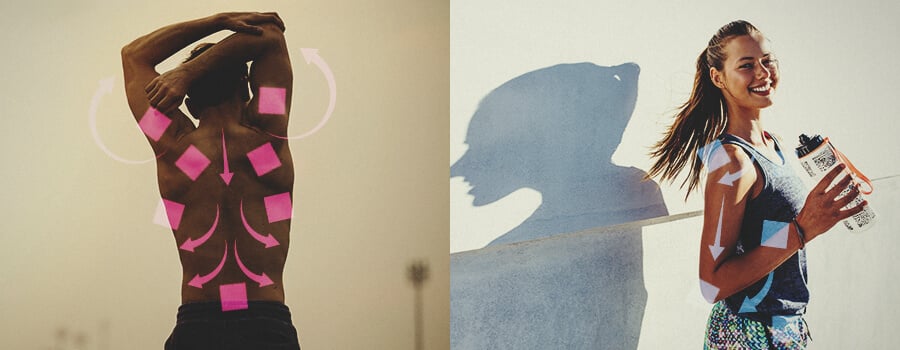
HOW OFTEN SHOULD I TAKE CBD?
Just like there is no perfect time of day to take CBD, there is no perfect schedule that works for everyone either. Some prefer to take it daily to perpetuate regular CBD levels in their bodies. Others prefer to take it as needed so it maintains its effectiveness in treating certain conditions. It all depends on your body and what you’re taking it for.
Like many other substances, CBD can build up in the body over time. It’s believed that this can lead to an increase in cannabinoid receptors, which makes the entire endocannabinoid system more receptive and efficient.
How long CBD actually stays in the system varies greatly depending on a number of elements including the specific dose taken, total body weight and amount of body fat, and how often it’s used. When all these components are accounted for, the timeframe ranges from a few days to a couple of weeks.
FACTORS THAT AFFECT TAKING CBD
Many different variables can influence the way CBD affects users. Some of these factors, such as body fat and weight, aren’t possible to immediately modulate. However, other factors, such as potency and dose, are easier to change on the spot. Check out the most important elements of taking CBD below.
-
PROPER DOSAGE
Like many substances, there is no “proper dosage” of CBD that will work for everyone. Factors such as weight, metabolism, and genetics can influence how much CBD one person may choose to dose. That said, doses are usually measured in milligrams, and range from around 2.5mg all the way up to a few hundred milligrams per dose in clinical settings. Another factor to consider is the method of delivery. For example, it takes longer for oral CBD and edibles to be absorbed into the bloodstream due to the first-pass effect[6], while sublingual administration takes a matter of minutes. CBD topicals, on the other hand, are applied directly to the skin, where the cannabinoid does not reach the bloodstream.
Check out our in-depth guide on accurate CBD dosing regarding all methods of administration.
 CBD Dosage Calculator
CBD Dosage Calculator
 CBD Dosage Calculator
CBD Dosage Calculator
-
TYPE OF PRODUCT
As the CBD market continues to reach saturation, customers are spoilt for choice when it comes to product options. Different products not only offer alternative routes of administration, but provide dramatically different results as well.
For example, full-spectrum extracts feature a combination of different phytochemicals found in cannabis, including cannabinoids, terpenes, and flavonoids. All of these molecules work in symphony to provide a balanced and natural effect.
In contrast, products such as CBD crystal isolate offer huge quantities of CBD with minimal terpenes. Although these products don't offer the same synergistic effects, they allow users access to large doses not obtainable elsewhere.
-
QUALITY
The quality of CBD oil also determines how CBD affects the user. When buying CBD, you should always consider the steps a company takes to ensure the best quality oil possible. Many companies can't back up their claims with data, and many products contain higher levels of THC than stated, as well as impurities.
At Royal Queen Seeds, we go above and beyond to guarantee clean and safe CBD oil. We source our oil from naturally grown EU hemp plants that contain less than 0.2% THC and fall within EU regulations. We then use supercritical CO₂ extraction to separate the cannabinoids and terpenes from the plant matter and any potential contaminants. The end result? A high-quality, clean, full-spectrum product with minimal levels of THC.
Medical DisclaimerInformation listed, referenced or linked to on this website is for general educational purposes only and does not provide professional medical or legal advice.
Royal Queen Seeds does not condone, advocate or promote licit or illicit drug use. Royal Queen Seeds Cannot be held responsible for material from references on our pages or on pages to which we provide links, which condone, advocate or promote licit or illicit drug use or illegal activities. Please consult your Doctor/Health care Practitioner before using any products/methods listed, referenced or linked to on this website.
- Potential Effects of Cannabidiol as a Wake-Promoting Agent https://www.ncbi.nlm.nih.gov
- Cannabis, Cannabinoids, and Sleep: a Review of the Literature - PubMed https://www.ncbi.nlm.nih.gov
- Modulating the endocannabinoid system in human health and disease: successes and failures https://www.ncbi.nlm.nih.gov
- Cannabidiol in Anxiety and Sleep: A Large Case Series https://www.ncbi.nlm.nih.gov
- Cannabinoid Delivery Systems for Pain and Inflammation Treatment https://www.ncbi.nlm.nih.gov
- Human Cannabinoid Pharmacokinetics https://www.ncbi.nlm.nih.gov


























